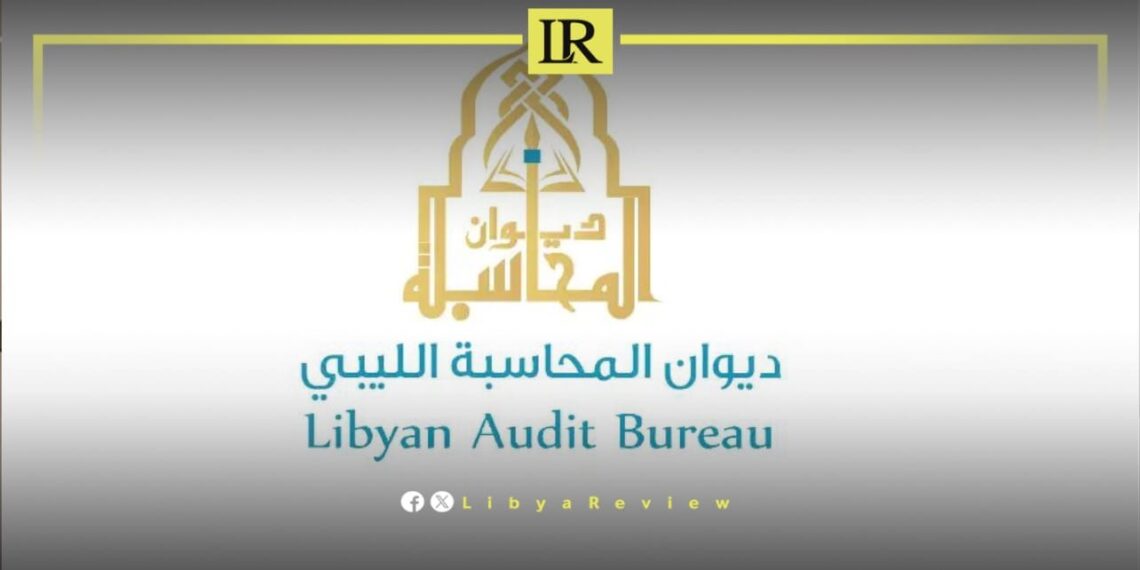The Libyan Audit Bureau clarified on Friday that it does not have the legal authority to hold individuals accountable for financial corruption, stating that its role is limited to oversight, not prosecution.
In a public statement, the Bureau said Law No. 19 of 2013 outlines its mandate strictly as an auditing authority, without judicial powers to prosecute those implicated in corruption cases. It emphasized that it can only examine and review the accounts of state-funded institutions as per Articles (2), (3), and (38) of the law.
“When cases of financial misconduct are uncovered, the files are referred to relevant judicial and regulatory bodies such as the Attorney General, the Administrative Control Authority, or the Military Prosecutor,” the Bureau noted.
These entities are the ones legally empowered to carry out arrests, conduct investigations, and issue rulings.
The Audit Bureau stressed that it does not have the authority to impose disciplinary actions, including full suspension from duty. “Our responsibility is confined to detection and reporting, while judicial authorities follow through with legal procedures,” the statement concluded.
The announcement comes amid growing public calls for stronger accountability measures and greater transparency in the handling of public funds in Libya.
Libya has been in chaos since a NATO-backed uprising toppled longtime leader Muammar Gaddafi in 2011. The county has for years been split between rival administrations.
Libya’s economy, heavily reliant on oil, has suffered due to the ongoing conflict. The instability has led to fluctuations in oil production and prices, impacting the global oil market and Libya’s economy.
The conflict has led to a significant humanitarian crisis in Libya, with thousands of people killed, and many more displaced. Migrants and refugees using Libya as a transit point to Europe have also faced dire conditions.
The planned elections for December 2021 were delayed due to disagreements over election laws and the eligibility of certain candidates. This delay has raised concerns about the feasibility of a peaceful political transition.
Despite the ceasefire, security remains a significant concern with sporadic fighting and the presence of mercenaries and foreign fighters. The unification of the military and the removal of foreign forces are crucial challenges.


